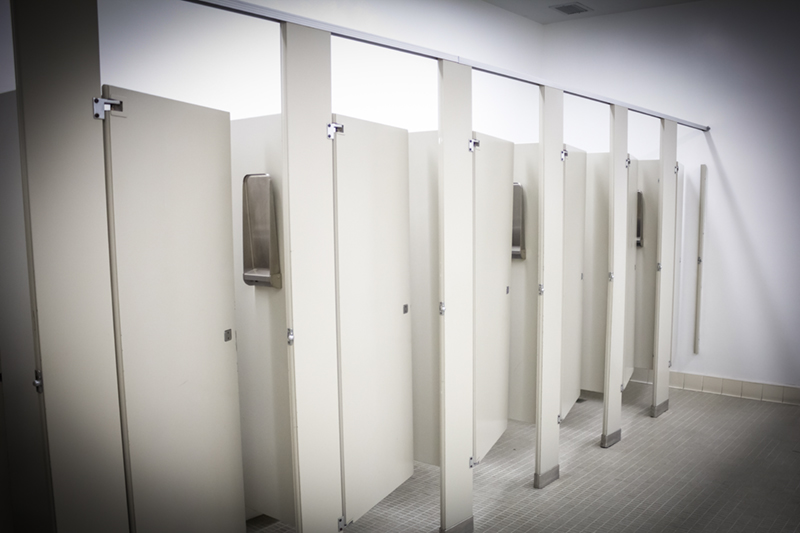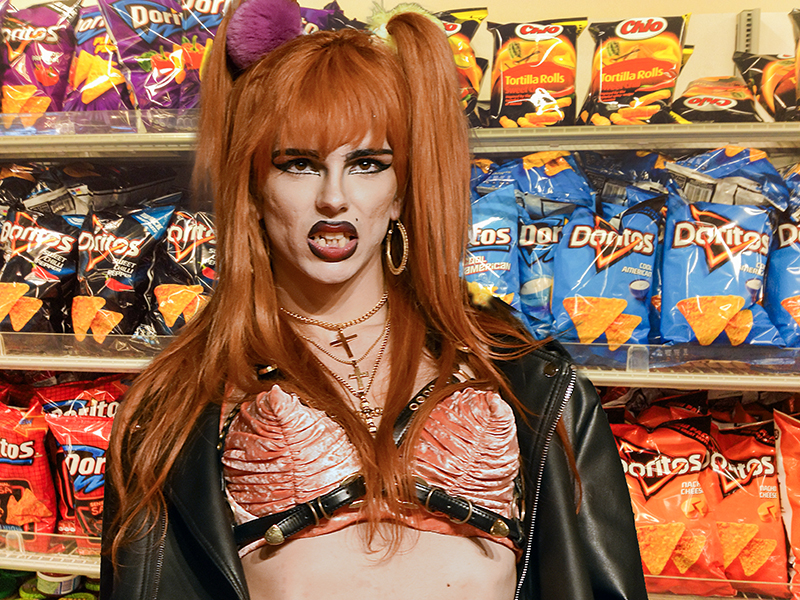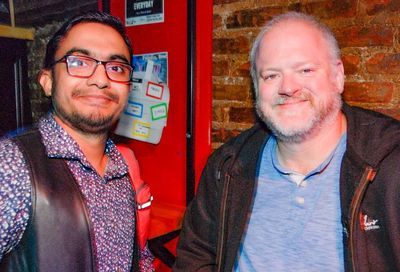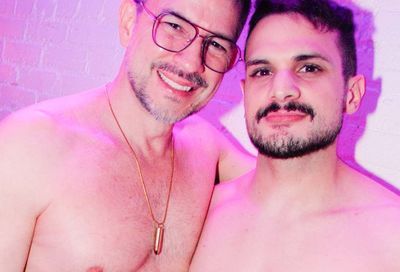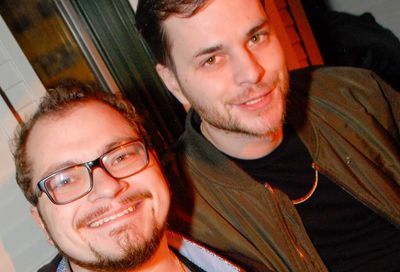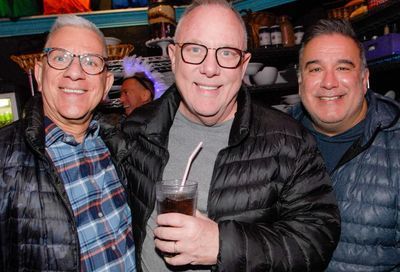Anchorage women’s shelter challenges transgender nondiscrimination law
Faith-based shelter claims housing transgender women would violate its "religious freedom"

A faith-based nonprofit women’s shelter has filed a lawsuit challenging Anchorage’s transgender-inclusive nondiscrimination ordinance, claiming that it infringes on the shelter’s “religious freedom.”
The Hope Center, which operates as the Downtown Soup Kitchen, has sued the city of Anchorage, the Anchorage Equal Rights Commission, and the commission’s executive director, alleging that the Equal Rights Commission is biased against the Hope Center because it is investigating two complaints against the organization dealing with its refusal to allow transgender women to access and be housed in its shelter, reports Anchorage NBC affiliate KTUU.
Neither complaint has been adjudicated, but lawyers with the anti-LGBTQ legal organization Alliance Defending Freedom have filed a “pre-enforcement” lawsuit designed to intimidate the commission into dropping the complaints or prevent them from finding the Hope Center guilty of engaging in discrimination.
The first complaint involves a transgender woman who was twice denied shelter services, who filed a discrimination case against the shelter in January.
According to ThinkProgress, the shelter was justified in turning the woman away because the first time she was drunk — a violation of shelter rules — and the second time, on the following day, she sought admission at a time the shelter was closed.
The second complaint was opened by the commission in response to comments made in March by the Hope Center’s then-lawyer, Kevin Clarkson.
Clarkson admitted that the center would never allow a “biological man” to be sheltered there, even if voters rejected a North Carolina-style “bathroom law” that would have repealed Anchorage’s 2015 transgender-inclusive ordinance and placed harsh restrictions on what types of facilities transgender people may access. (Voters rejected that law less than a month later.)
Because Clarkson was announcing a deliberate intention to discriminate against transgender women, in particular, the commission began investigating whether his words and actions violated the city’s ordinance.
But now, because the Equal Rights Commission hasn’t outright dismissed either complaint or wrapped up its investigation, ADF claims that the commission is targeting and “harassing” the Hope Center, showing both hostility to the center’s religious beliefs and overstepping its authority.
In its complaint, ADF is asking a federal judge to overturn the entire 2015 ordinance as unconstitutional because it violates the religious beliefs of those running the shelter, and because having to abide by a law that adopts a certain definition of “gender identity” constitutes government-compelled speech.
ADF also claims that allowing transgender women into the shelter would pose a danger or create a great level of discomfort for cisgender women clients, many of whom are assault survivors.
ADF wants the judge to rule that the Downtown Soup Kitchen may post a sign clarifying that “guests must be biological females, meaning they were born with, and currently have, only anatomical and genetic characteristics of a woman.”
But LGBTQ advocates are pushing back on the claims that transgender women pose a danger to cisgender women.
A recent study by the Williams Institute found that municipalities that adopt transgender-inclusive nondiscrimination laws actually see decreases in the number of assaults or other crimes committed in bathrooms, locker rooms, or other publicly-shared facilities.
“There is simply no evidence that transgender people are more of a threat to anyone whether that be in bathrooms, locker rooms or homeless shelters,” David Dinielli, the deputy legal director for the Southern Poverty Law Center, which has frequently sparred with ADF, even classifying the organization as a “hate group.”
“In fact,” added Dinielli, “we know transgender people are among the most, if not the most likely to be targeted for abuse, sexual abuse and physical abuse.”
As it did in the Masterpiece Cakeshop case, ADF has attempted to argue that local civil or human rights commissions are showing undue hostility to religious people or faith-based organizations just by simply investigating claims of discrimination filed against individuals and businesses that refuse service to LGBTQ people and other minority groups.
While the Downtown Soup Kitchen claims to operate the Hope Center women’s shelter “exclusively on a charitable basis,” it does accept money from the U.S. Department of Housing and Urban Development as part of an ongoing grant that’s being used to pay for overflow shelter housing.
Some people argue that because it accepts taxpayer money, it should not be allowed to violate local nondiscrimination laws.
An attorney for the Municipality of Anchorage told KTUU that the city is still reviewing the federal lawsuit, although it could potentially be dismissed because the Equal Rights Commission hasn’t weighed in on either complaint against the Hope Center.
The city is expected to issue an official response to the lawsuit in the coming month.
Pro-LGBTQ advocates reject the idea that Hope Center’s religious beliefs opposing homosexuality and transgenderism should trump the right of transgender people to access public accommodations.
“The ability to believe what you believe and to practice your religion is one of our core fundamental rights,” Casey Reynolds, the communications director for the ACLU of Alaska, said in a statement. “But you have to draw the line at which this is harming other people and society, and that is really what this is about.”
Support Metro Weekly’s Journalism
These are challenging times for news organizations. And yet it’s crucial we stay active and provide vital resources and information to both our local readers and the world. So won’t you please take a moment and consider supporting Metro Weekly with a membership? For as little as $5 a month, you can help ensure Metro Weekly magazine and MetroWeekly.com remain free, viable resources as we provide the best, most diverse, culturally-resonant LGBTQ coverage in both the D.C. region and around the world. Memberships come with exclusive perks and discounts, your own personal digital delivery of each week’s magazine (and an archive), access to our Member's Lounge when it launches this fall, and exclusive members-only items like Metro Weekly Membership Mugs and Tote Bags! Check out all our membership levels here and please join us today!




